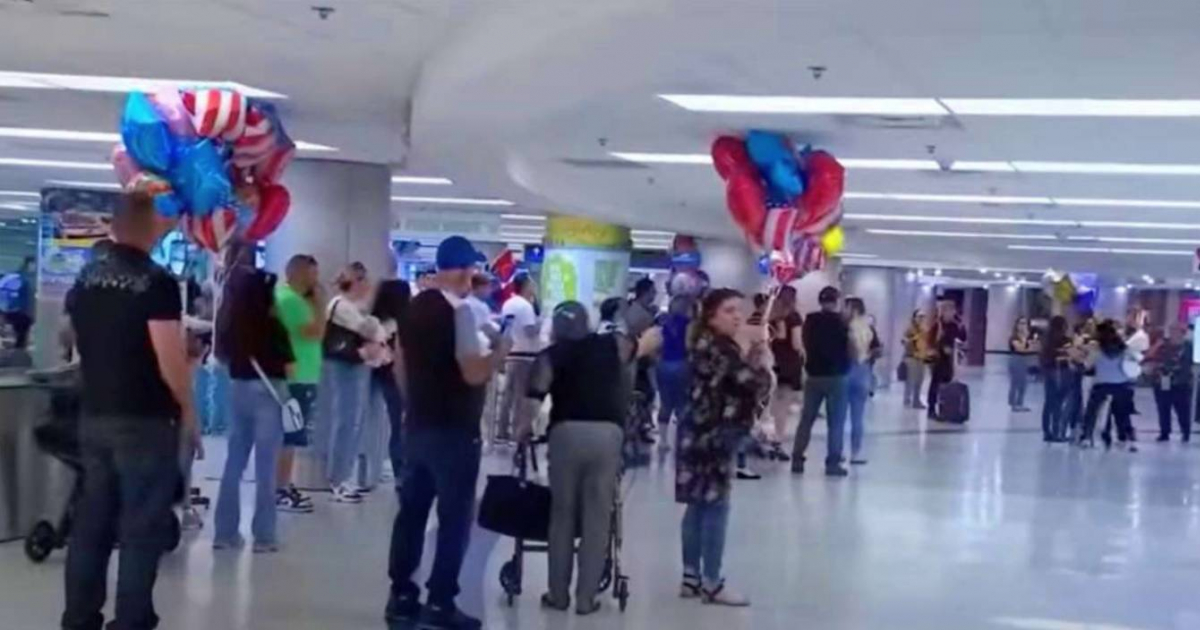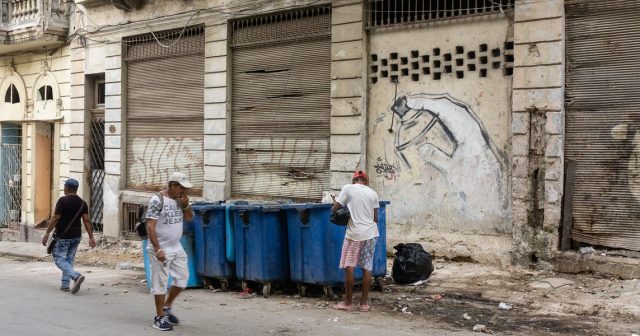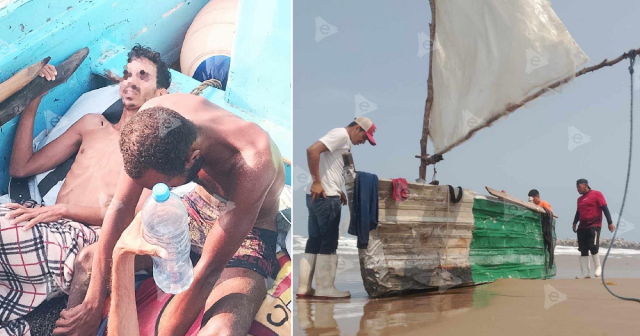
The United States government announced on Tuesday the expansion of initiatives aimed at addressing the challenge of illegal migration from Central America and the Caribbean.
On May 7, 2024, Guatemala hosted the third ministerial meeting of the Los Angeles Declaration on Migration and Protection, in which foreign ministers and high representatives from 21 signatory countries participated.
In this context, the White House issued a statement in which it recalled that since the signing of the Los Angeles Declaration, President Joe Biden promoted several immigration programs that will now be expanded; such as refugee resettlement and humanitarian parole for Cuba, Haiti, Nicaragua and Venezuela (CHNV).
The statement indicates that within the framework of Biden's initiative to create Safe Mobility Offices The number of approved refugees from the region will increase six-fold.
Also, that "already The safe and legal resettlement in the United States of more than 21,000 people has been approved through the Safe Mobility Offices of Guatemala, Costa Rica, Colombia and Ecuador".
Guatemala and the United States also announced that their Guatemalan office will expand eligibility to include Hondurans, Salvadorans and Nicaraguans present in that country; Meanwhile in Costa Rica these offices will also expand eligibility to accept Ecuadorians.
On the initiative of humanitarian parole for CHNV explains that this is still in place and thanks to it the flows of irregular migrants from these four countries have been significantly reduced, while the legal entry into the United States of 435,000 people of these nationalities has been approved.
"Applicants must have financial support in the United States, pass a background investigation and meet other established criteria to receive advance travel authorization. Once parole is granted on a case-by-case basis, CHNV nationals can apply for authorization and start working immediately," the note details.
It was also announced that USAID will promote plans to launch a new regional labor mobility initiative – “Labor Mobility Alliance for the Americas” or “Labor Neighbors” – to increase access to legal temporary work channels for new countries of origin and destination of migrants.
This initiative will work with international organizations and other partners to provide technical assistance to countries in the region to identify eligible workers to meet urgent labor needs.
The Department of Labor also launched a $3 million project to strengthen protections for workers participating in US temporary foreign worker programs to prevent forced labor.
The White House statement details the achievements of the meeting in Guatemala, ranging from expanding legal avenues for migration and protection to analyzing root causes and supporting the integration of migrants to foster stability long-term.
During a virtual press conference In the context of a meeting in Guatemala, Marcela Escobari, special assistant to the President and coordinator of the Los Angeles Declaration of the White House, revealed that $578 million in humanitarian aid will be allocated to the region and that the avenues will be expanded. so that people can immigrate legally.
Likewise, the official reported on Mexico's efforts to develop a plan to grant work visas to Haitian immigrants.
According to the official, the Aztec nation announced that since 2022 it has issued more than 17,500 temporary visas to people seeking international protection to address the labor shortage in the country.
Escobari also emphasized the importance of using legal means to emigrate in order to penalize and stop the actions of human traffickers.
In this regard, he announced the imposition of visa restrictions on executives of Colombian maritime transport companies for facilitating irregular migration to the United States.
Blas Nuñez-Neto, Undersecretary of Border Policy and Immigration at the US Department of Homeland Security, noted that it is almost impossible to reach the US border without passing through the hands of the cartels.
In this regard, he highlighted the concern regarding the diversification and specialization of organized crime groups in the movement of people, not only within the hemisphere, but also with connections outside the region.
In recent years, the United States has faced a serious crisis on the border with the arrival, mainly through the Mexico area, of thousands of immigrants from Central America and the Caribbean.
More than half a million immigrants have arrived at US borders from Cuba alone since 2021.
What do you think?
COMMENTFiled in:






